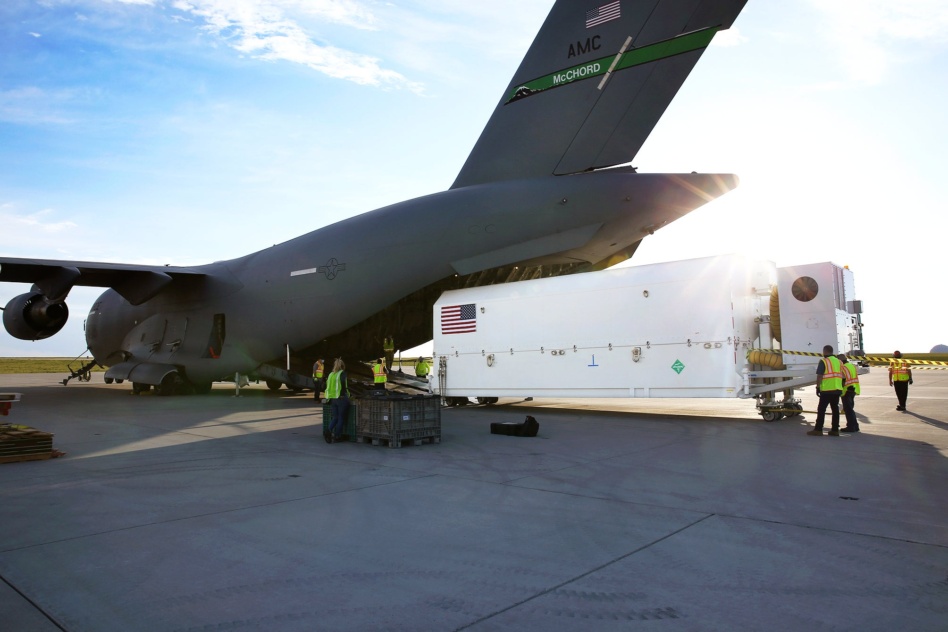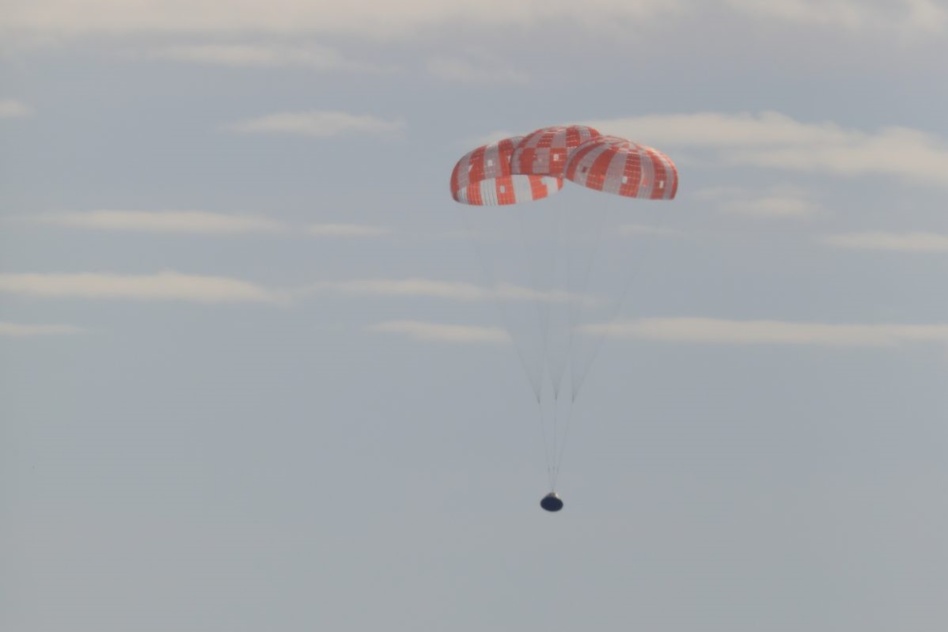Last week, Congress released a compromise defense bill with $858B in topline funding. That represents a ~10% annual increase over last year.
The fine text: The fiscal year 2023 (FY23) National Defense Authorization Act (NDAA) compromise bill went to the House floor last week, and was passed in the lower chamber by a 350-80 vote. The bill is expected to be taken up by the Senate this week.
- The annual bill sets funding levels and policies for the Pentagon.
- It doesn’t provide funding—that’s what the appropriations committees do.
- Instead, it steers how funds will be allocated and establishes, modifies, or continues programs.
Space provisions
This year’s bill contains a $333M boost over the Space Force’s $4.97B funding request, bringing the total to $5.3B. Notably, language calling for the formation of a Space National Guard was dropped.
The bill also calls for close USSF oversight, establishing a number of reporting requirements:
- In conjunction with the intelligence community, the chief of space operations must release a strategy on protecting national security space assets.
- The chief must also consider defense and resiliency requirements before kicking off new major satellite acquisition programs.
The NDAA would also expand the “tactically responsive” space program beyond launch and add $100M for R&D efforts not requested by the USSF.
Finally, per Breaking Defense, the bill directs the Pentagon to make a final call on exempting the Space Development Agency (SDA) from JCIDS, a cumbersome process for setting and assessing requirements for new weapons systems.
+ While we’re here: Read our new explainer on the National Defense Space Architecture.





